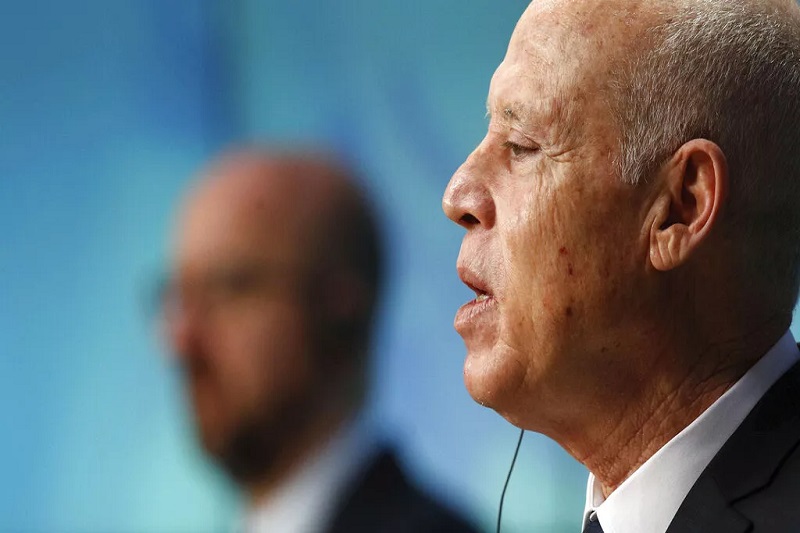Last updated on November 16th, 2022 at 10:08 am
In the middle of a political and financial crisis, the country of Tunisia received a donation of one hundred million euros from the European Union on Monday. According to a statement from the European Union office in Tunisia, the goal of the EU assistance program is to “support efforts to get the economy back on track and build on the progress already made in helping needy people and businesses.”
Under the terms of this initiative, Tunisia has been approved for the first immediate payout of 40 million euros, which has been signed off on by both the EU Ambassador to Tunisia, Marcus Cornaro, and the Minister of Economy and Planning, Samir Said. According to the statement, the rest of the money will be sent “if Tunisia is making good progress in implementing the structural changes it has promised to make.”
According to Cornaro, “We want to promote the economic recovery as best as we can after the pandemic of COVID-19, and we want to help Tunisian households that experience the consequences of Russian aggression against Ukraine on the prices of energy and food.” The statement says that this payment is “part of the changes that Tunisia and the International Monetary Fund (IMF) have worked out for a future program.”
Since the revolution that took place in 2011, Tunisia’s economy has been in a downward spiral, which has been made worse by the outbreak of the COVID-19 virus. As a result, growth has slowed to a crawl, and unemployment is at an all-time high. Russia’s invasion of Ukraine in February made things worse for a country that depends a lot on importing grain and fuel, two things whose prices are going through the roof right now.
Related Posts
Midway through the month of October, Tunisia was able to secure an agreement in principle from the International Monetary Fund (IMF) for a new loan of approximately two billion dollars, which will be paid back in installments beginning in December. Tunisia is currently suffocating under the weight of a debt load that is greater than 100% of its GDP.
In exchange, the government has promised to implement reforms such as the phased removal of subsidies provided by the state for essential goods (such as food and electricity) and the reorganization of state-owned firms that have monopolies in a variety of market segments.

